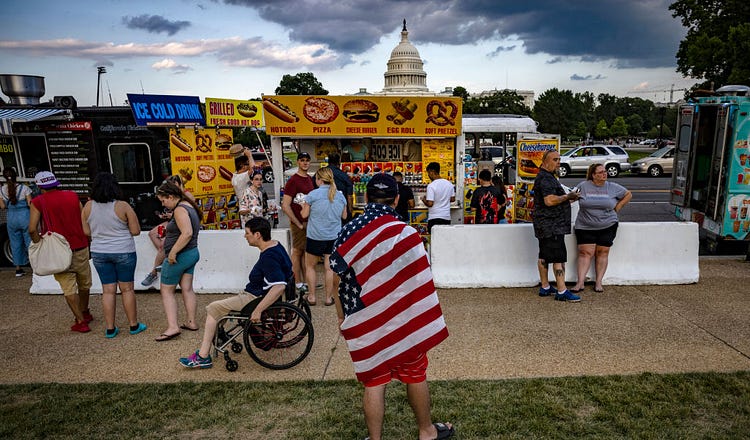
From the day I was born, I’ve had a chronic disease. It’s called primary ciliary dyskinesia, and it comes from a genetic mutation that keeps the cilia—the little hairs—in my airways from moving, allowing mucus to build up in my lungs. It means I get pneumonia frequently, and the possibility of a future double lung transplant has been hanging over me since I was diagnosed at the age of 15. Like any genetic mutation, mine is not curable.
In America, your experience of illness is always shaped by your background: In my case, I was raised by my mom in a working-class family in Missouri. I wanted to go to college, but after I was diagnosed, I was so anxious about how I would be able to afford health insurance while attending, it used to keep me up at night. Because I had a preexisting condition, the price tag would be almost $1,000 a month. My dad thought it would be better for me to work as a receptionist straight out of high school, so I’d be covered. Luckily, the Affordable Care Act passed in the nick of time, creating a path for me to go to school and become a first-generation graduate.

